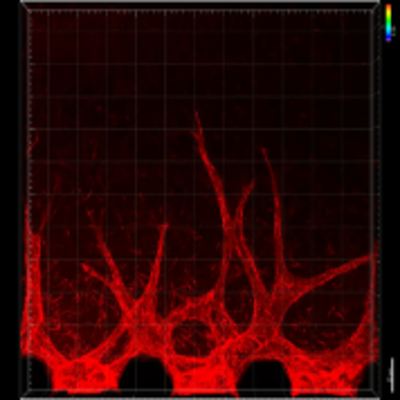- HOME
- News & Events
- Publications
- 【Publications】Mechanical loading of intraluminal pressure mediates wound angiogenesis by regulating ...
Publications
【Publications】Mechanical loading of intraluminal pressure mediates wound angiogenesis by regulating the TOCA family of F-BAR proteins
May 13 2022
Yuichiro Arima
Paper information
Title:
Mechanical loading of intraluminal pressure mediates wound angiogenesis by regulating the TOCA family of F-BAR proteins
Sinya Yuge, Koichi Nishiyama, Yuichiro Arima, Yasuyuki Hanada, Eri Oguri-Nakamura, Sanshiro Hanada, Tomohiro Ishii, Yuki Wakayama, Urara Hasegawa, Kazuya Tsujita, Ryuji Yokokawa, Takashi Miura, Toshiki Itoh, Kenichi Tsujita, Naoki Mochizuki & Shigetomo Fukuhara
Nat Communications 13, Article number:2594. (2022)
doi: https://doi.org/10.1038/s41467-022-30197-8
Abstract
Angiogenesis is regulated in coordinated fashion by chemical and mechanical cues acting on endothelial cells (ECs). However, the mechanobiological mechanisms of angiogenesis remain unknown. Herein, we demonstrate a crucial role of blood flow-driven intraluminal pressure (IP) in regulating wound angiogenesis. During wound angiogenesis, blood flow-driven IP loading inhibits elongation of injured blood vessels located at sites upstream from blood flow, while downstream injured vessels actively elongate. In downstream injured vessels, F-BAR proteins, TOCA1 and CIP4, localize at leading edge of ECs to promote N-WASP-dependent Arp2/3 complex-mediated actin polymerization and front-rear polarization for vessel elongation. In contrast, IP loading expands upstream injured vessels and stretches ECs, preventing leading edge localization of TOCA1 and CIP4 to inhibit directed EC migration and vessel elongation. These data indicate that the TOCA family of F-BAR proteins are key actin regulatory proteins required for directed EC migration and sense mechanical cell stretching to regulate wound angiogenesis.

